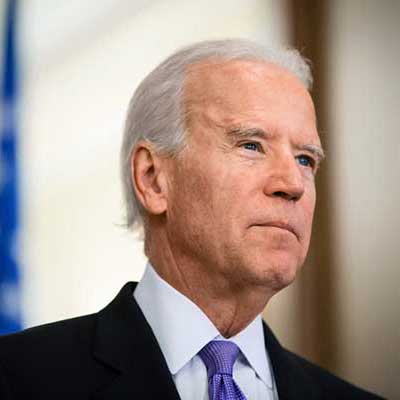According to multiple sources, President Joe Biden has expressed private remorse over his decision to withdraw from the 2024 presidential race. This marks a historical first, as Biden is the first elected incumbent president to pull out from a reelection campaign.
Throughout December 2024, Biden, in private discussions with his aides and advisors, revealed that he believes he could have defeated Trump despite the unfavorable poll numbers that led to his withdrawal. He often voices this belief without directly criticizing Harris’ campaign. His confidence is partly rooted in his 2020 victory against Trump, although he recognizes his lackluster performance in the June debate and his low approval ratings as factors leading to his race exit.
Biden decided to withdraw after several months of diminishing poll numbers. By the time of his withdrawal, Biden’s national approval rating had plummeted to 37% – the lowest point of his presidency.
During the critical June 27 debate, Biden’s performance was met with concerns due to his confusion over current global conflicts and difficulty in defending his economic policies against sharp criticism. The debate, watched by 14.8 million viewers, became a turning point for the leadership of the Democratic Party.
The Biden campaign experienced substantial financial setbacks in mid-2024, marked by two major blows: the departure of three heavyweight Democratic donors who had previously contributed $10.4 million in 2020, and a steep 35% decline in quarterly fundraising from Q1 to Q2.
“Your style does not lend itself well to the environment we’re currently in,” Rep. James Clyburn, D-S.C., told Biden during a meeting last year, discussing style versus substance.
The Democratic Party faced distinct procedural hurdles when managing Harris’ presidential bid. Two key complexities emerged: the legal framework for moving campaign finances and the technical process of redistributing delegates. These administrative challenges required rapid legal assessment to ensure compliance while maintaining campaign momentum.
Reflecting on the administration’s priorities, National Security Advisor Jake Sullivan said, “How to govern at this moment to set the U.S. up for long-term success has one answer, and how to govern to deal with midterm and presidential elections in the very short-term might have a different answer. The president went with doing the things that put America in a strong position.”
However, Harris’ shortened campaign had difficulty maintaining Biden’s coalition. Trump ultimately defeated her by a margin of 2.2 million votes.
Several administration decisions have come under Biden’s private scrutiny, including the appointment of Merrick Garland as Attorney General. Initially persuaded by aides that Garland would be a consensus choice, Biden has privately expressed frustration with the pace of Trump-related prosecutions, while feeling that his son Hunter was being prosecuted too aggressively.
Biden’s decision to withdraw had far-reaching impacts on the Democratic Party’s infrastructure. Five state Democratic Party chairs resigned in protest, and the Democratic National Committee had to redesign its entire general election strategy within 98 days of Election Day.

